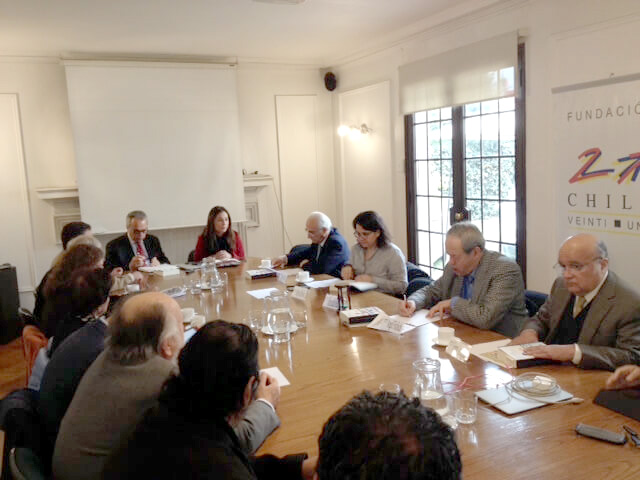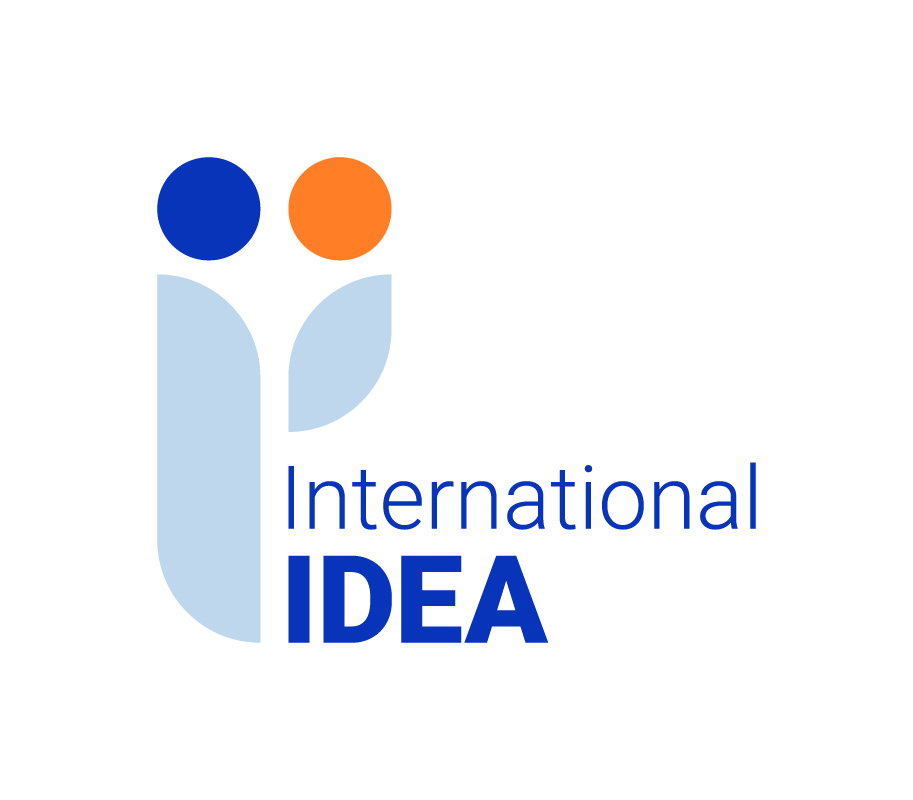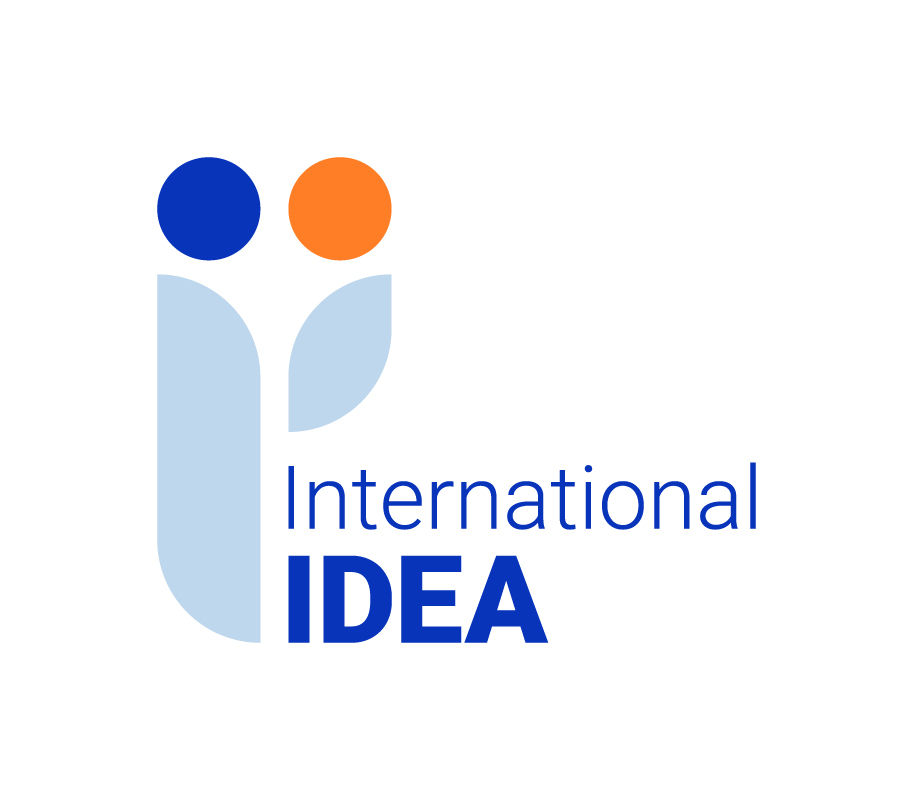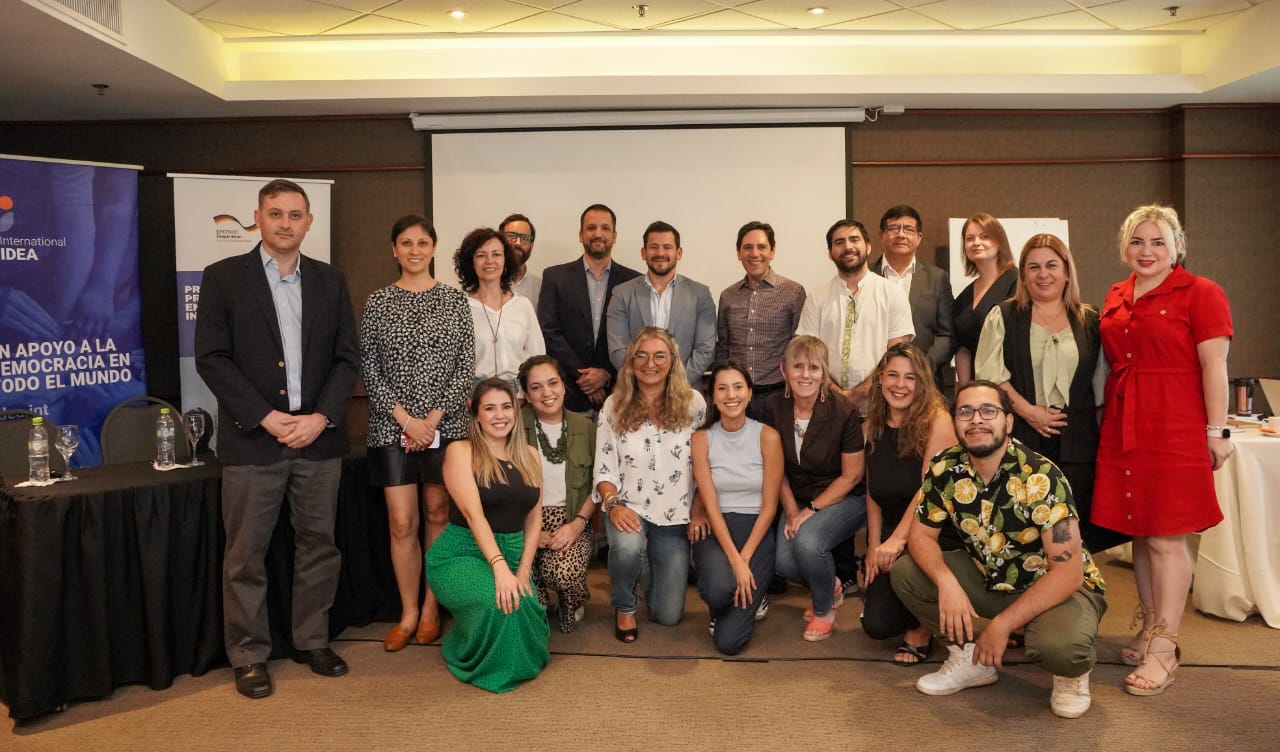
Sergio Bitar, International IDEA Board Member and co-editor of Democratic Transitions: Conversations with World Leaders, was the keynote speaker at the first session of the series Ideas and Authors, Rethinking Chilean Society, held on 19 July and hosted by the Fundación Chile 21.
The aim of the event was to learn and provide for a broad debate--from a Chilean perspective—on the various ideas and proposals currently being discussed both in Chile and elsewhere in the world, on subjects such as democracy and economic and social models.
A session entitled ‘Transition in Chile: A Closed Chapter or a Pending Issue?’ was opened by the Head of Chile 21’s Programme on the Quality of Politics Gloria de la Fuente, and the Regional Director for Latin America and the Caribbean of International IDEA, Daniel Zovatto. Comments were subsequently presented by former Minister Genaro Arriagada; Ángel Flisfisch, Director of FLACSO-Chile; and Mireya Dávila, a scholar at the Universidad de Chile.
The publication by International IDEA, jointly coordinated by Sergio Bitar and Abraham Lowenthal collected opinions of 13 former Presidents and Prime Ministers from nine countries in four continents, all of whom have led transitions from authoritarian to democratic regimes in their own countries.
Bitar and Lowenthal interviewed the following political leaders for this book: Fernando Henrique Cardoso (Brazil); Patricio Aylwin and Ricardo Lagos (Chile); John Kufuor and Jerry Rawlings (Ghana); B.J. Habibie (Indonesia); Ernesto Zedillo (Mexico); Fidel V. Ramos (Philipines); Aleksander Kwasniewski and Tadeusz Mazowiecki (Poland); F.Q. de Klerk and Thabo Mbeki (South Africa); and Felipe Gónzalez (Spain).
In his lecture, Bitar noted that “All transitions have their own peculiar aspects, but there are recurring features. Some of these features were identified in the publication: 1) progress is made slowly; 2) there is a need for an optimistic and inclusive view; 3) convergence is promoted and coalitions are created; 4) venues for dialogue are created and protected; 5) civil and democratic control over the military police, and intelligence services is instituted; 6) viable constitutions are made through an inclusive process; 7) transnational justice and collective memory are promoted; 8) an investment is made to strengthen political parties and turn them into vibrant institutions; 9) external support is mobilised”.
In his opening speech, Zovatto highlighted the need,both concerning Chile and the rest of Latin America to pay attention to the new challenges the region’s democracies face with regards to the quality of democracy, namely: a crisis in representation, poor legitimacy and weakness of the major democratic institutions--particularly political parties--soaring inequality, insecurity, and corruption levels, all of these compounded with the demands of more empowered, critical citizens claiming for a public administration that is not only more efficient but also more socially inclusive, transparent, and accountable.
Furthermore, Zovatto said all of these factors should be analysed in a regional context, particularly when it comes to South America. The region has entered a new cycle of economic downturn among other things due to declining commodity prices, setting the stage for rising social conflict, and making governance more difficult. Considering this scenario, “the quality and legitimacy of institutions do matter and a lot, just as much as the quality of leaders, as is well pointed out in Bitar and Lowenthal’s book”, he concluded.


